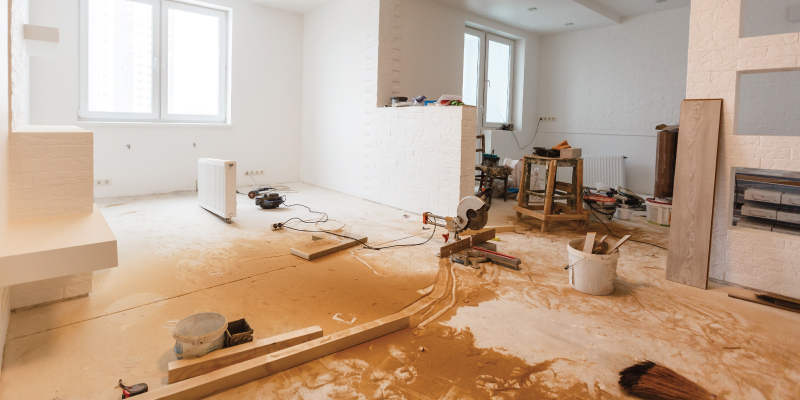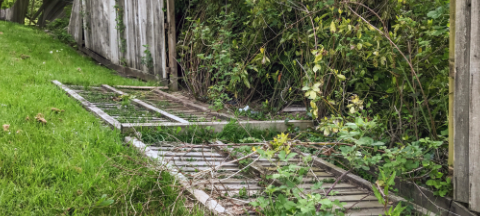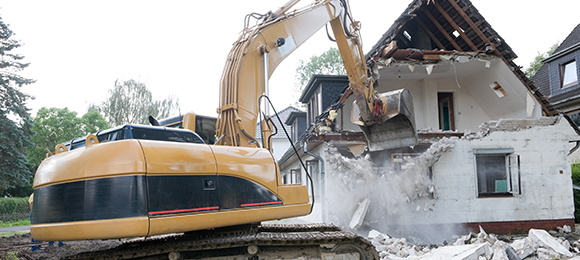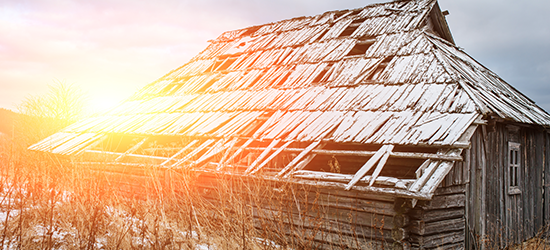
Updated August 31, 2023
Many barns out there have seen better days and in some cases, barely qualify as freestanding structures anymore.
For too many barns, it seems like all it would take is one swift wind or a heavy snowstorm to send the structure tumbling to the ground.
This doesn't have to be the case.
There are multiple options to choose from when it comes to addressing a dilapidated barn, and letting it go to waste isn't one of them.
We'll go over:
Find barn demolition services near me
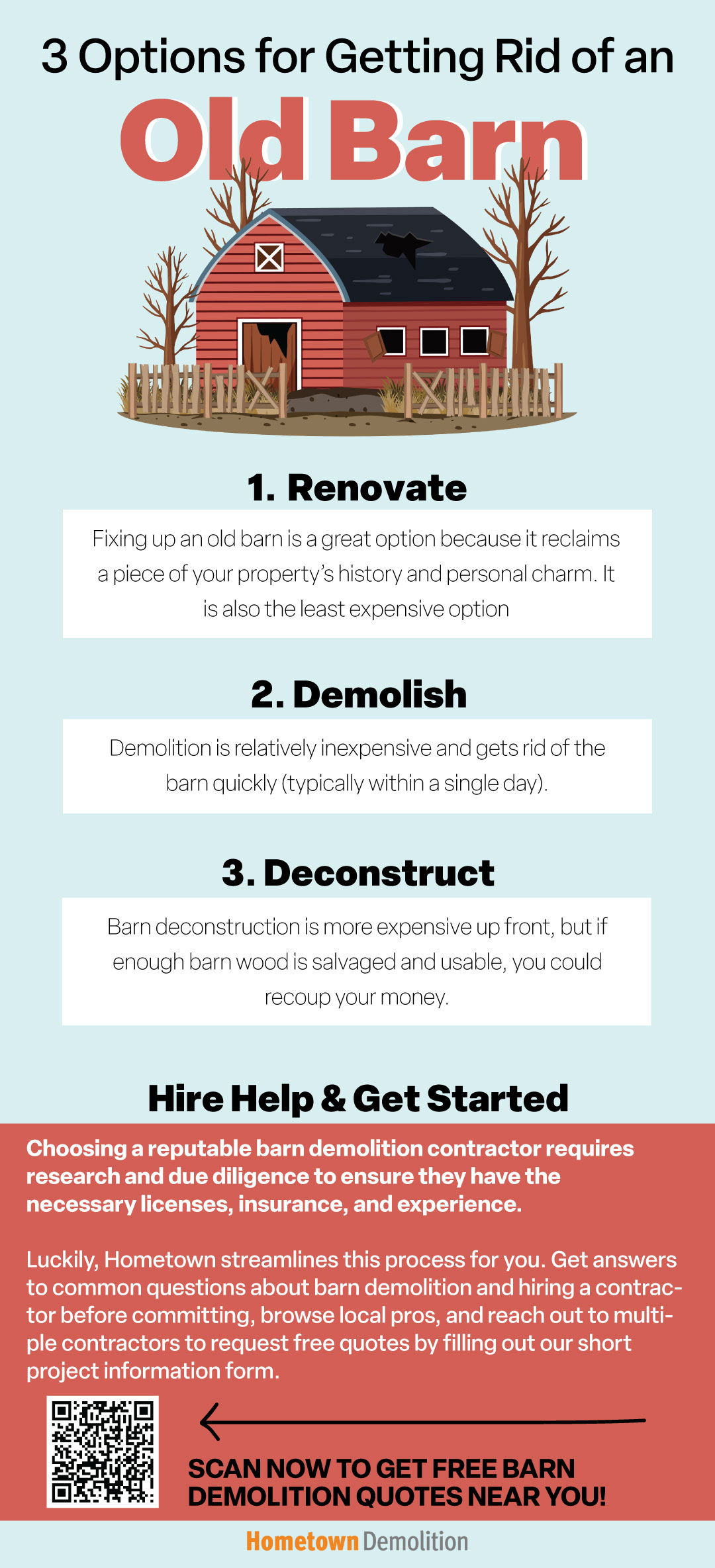
1. Renovation
If you want to keep the barn, you should redeem it sooner rather than later. Wood can decay quickly, so you want to catch it as soon as possible if you have any hope of redeeming the wood to its original glory.
If the barn is 50 years or older, it may qualify for the National Register of Historic Places.
It's a highly competitive process, but you may be eligible to receive grants up to $15,000 to preserve the barn. This type of funding is extremely rare but still worth a shot.
Factors that affect whether or not your barn is eligible for a National Register of Historic Places grant include:
- How is the barn's structural integrity?
- Is the barn located on a working farm?
- Would renovating the barn affect the farm's overall viability?
- Is your barn a unique example of a specific barn style?
These government grants are not available to private owners in all states, so research which grants are available in your area.
2. Demolition
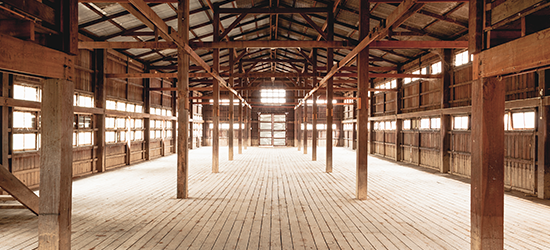
Demolition is probably the simplest option and the most affordable choice.
Demolition is relatively inexpensive and to the point; an experienced contractor will be able to turn a barn into a pile of debris and haul it away in no time.
Oftentimes, the barn demolition process involves first tearing out any siding and then cutting small notches in the upright timbers so that the skeleton of the barn can be pulled down.
In other instances, an excavator or bulldozer is used to knock down the structure.
Once the barn is torn down, the timbers, roof, and other debris are removed.
The exact barn removal procedure will depend on your barn type, the materials used to build it, its current condition, and the contractor you hire.
Keep reading:
- Fire Damaged Barn Demolition: Costs and How It's Done
- What to Do With an Old Barn on Your Property
- The Advantages to Demolishing Your Barn Before Warm Weather Arrives
3. Deconstruction
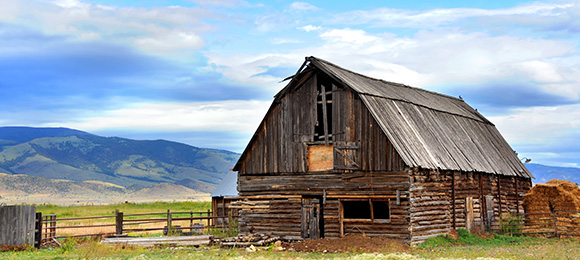
Deconstruction is essentially demolition by hand, or reverse construction.
The barn is taken apart piece-by-piece starting with the roof and working down.
The upfront costs of deconstructing a barn are higher than demolition, but if the barn wood is in good condition and you have a good amount of it, the cost of the wood could even things out to the point where the deconstruction is almost free.
The cost of deconstruction is highly dependent on the size of your barn, the materials used to build it, the condition of the materials, the contractor you hire to do the work, and quite a few other factors.
Learn more about deconstruction:
Contractors
Before going in search of a qualified contractor for the job, learn as much as you can about your barn, like the materials, its condition, etc.
Contractors will have questions to ask you, and you'll want to be able to answer them as closely as possible to be sure you hire the right contractor for your specific barn removal.
Talk to multiple contractors—at least three. Get to know them and their approach to the process.
If you want to have the barn renovated, make a list of the repairs or the areas where you see the most cause for concern. Ask plenty of questions.
Depending on your hopes for the barn, it may be worth seeking out the help of an architect or engineer to assist in the process.
Contractors handle the physical work on your barn, while consultants are the people who can assist in the research, planning, and design aspects of the project.
Choosing a reputable barn demolition contractor requires research and due diligence to ensure they have the necessary licenses, insurance, and experience.
Luckily, Hometown streamlines this process for you. Get answers to common questions about barn demolition and hiring a contractor before committing, browse local pros, and reach out to multiple contractors to request a free quote by filling out our short project information form.
Learn more about hiring the right contractor:
- Licensed vs Unlicensed: Why It's Important to Hire a Licensed Contractor
- How to Be Sure You’re Hiring the Best Contractor
- What Insurance Should My Contractor Have?
